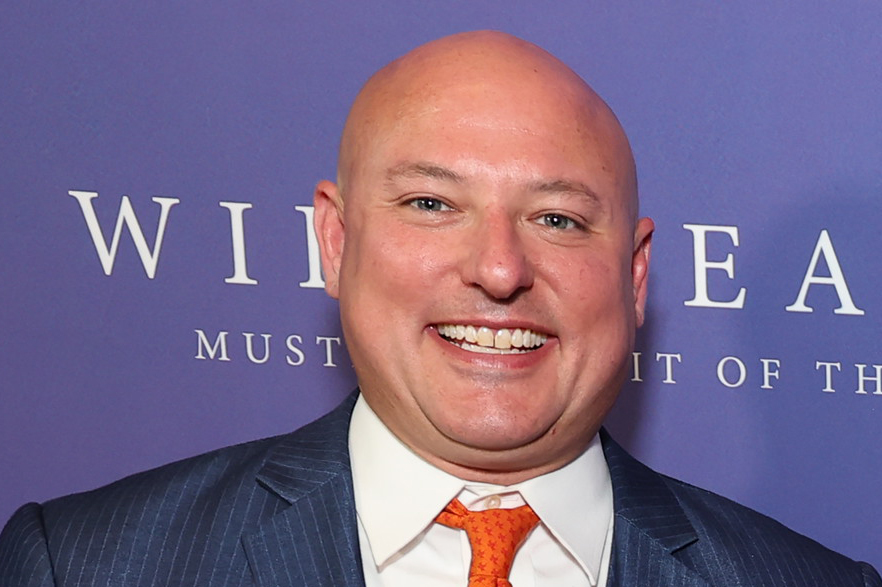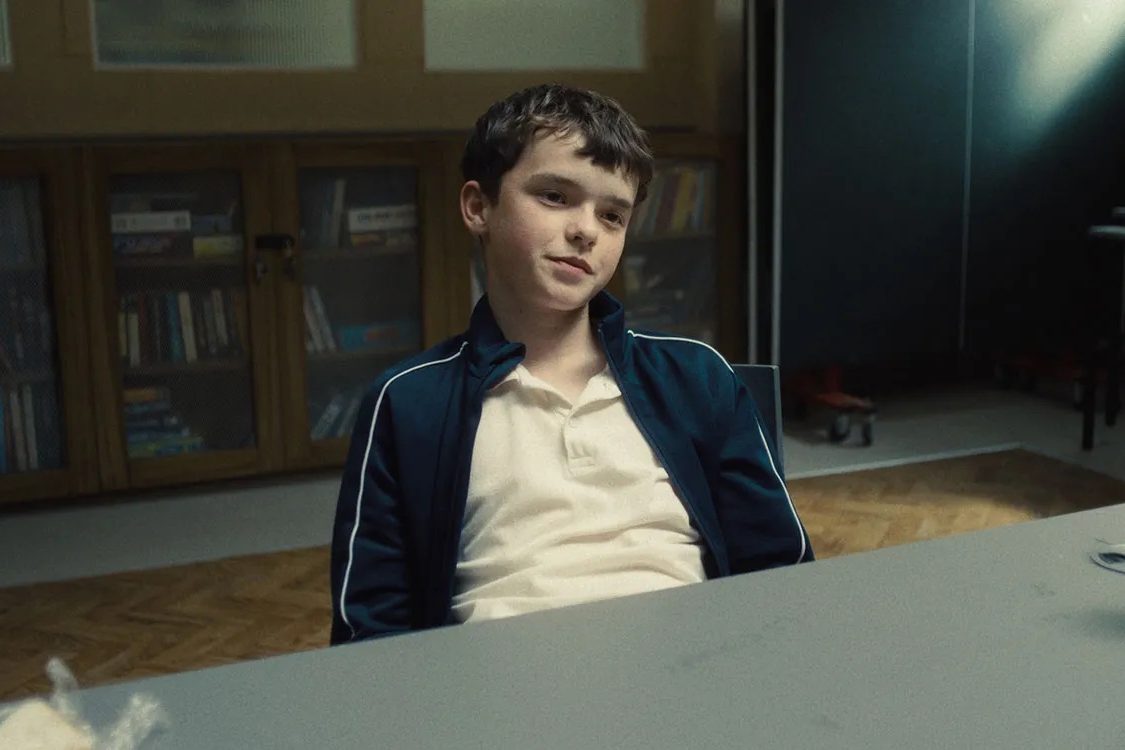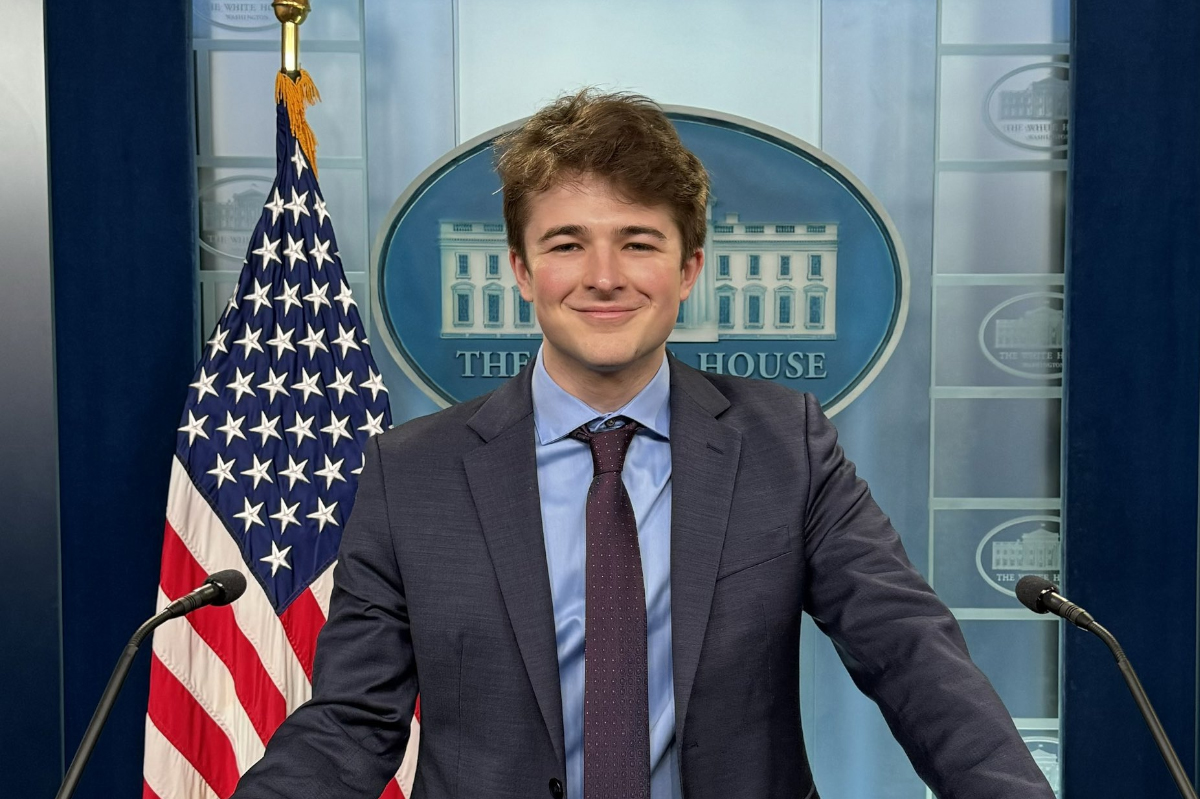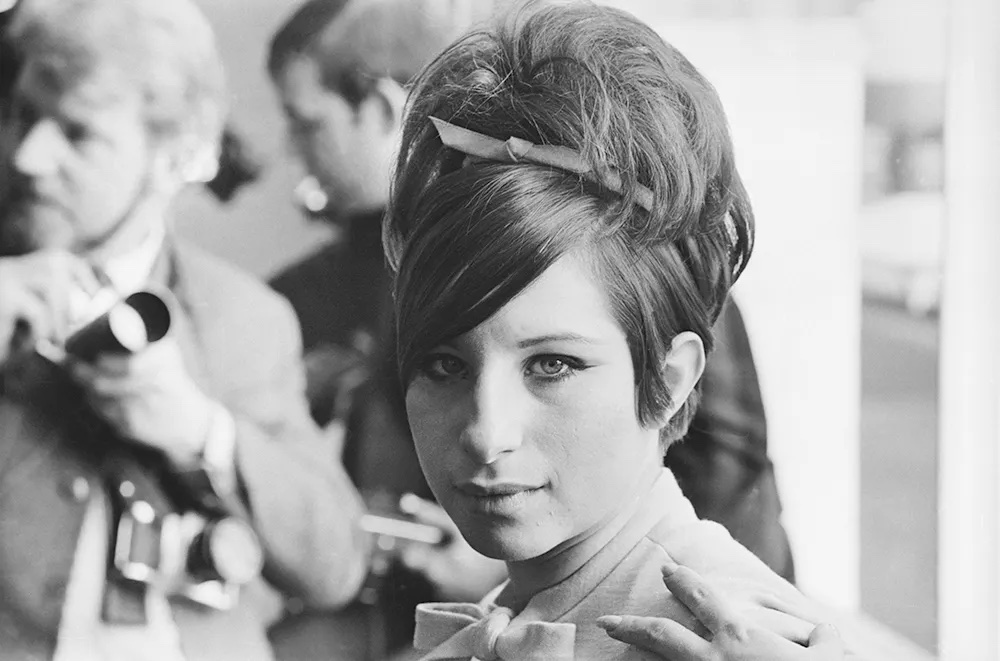America’s girls are in a serious crisis.
Mental health maladies are becoming more common among all teens, but the problem is particularly acute for young women. A report from the Centers for Disease Control and Prevention found that almost 60 percent of US girls said they felt persistently sad or hopeless. More than twice as many girls as boys reported experiencing poor mental health in the past thirty days. And 30 percent of high school girls in America said they were seriously considering suicide, while 13 percent have already made an attempt on their life, almost twice the rate of boys.
Much of the rise in poor mental health among teens is rightfully blamed on the Covid-19 pandemic, which exacerbated the normal feelings of loneliness, isolation, anger, sadness, and fear that typically pop up during adolescence. Visits to the emergency room for teen girls with mental health issues rose 22 percent in the second year of the pandemic, driven by parents desperate to get help for their daughters. But the truth is America’s teenagers, especially girls, were struggling even before our country forced them to stay home from school. As of 2019, girls between the ages of thirteen and seventeen were more likely to experience depression and anxiety than boys in the same age group. From 2011 to 2019, suicide was the leading cause of death among people between the ages of ten and twenty-nine. Clearly there’s something else afflicting young women.
It’s not hard to see the negative impact of social media use on the mental health of young people, particularly girls. Our youth are bombarded with constant images of overly filtered and surgically enhanced faces and bodies. Cyber bullying is rampant. Endless scroll functions and advanced algorithms encourage users to spend more time online, damaging the reward system in their brains with the instant dopamine hits. Virtual communities are favored over healthy relationships in the real world — and many of these communities promote harmful behavior, such as the self-diagnosis and glorification of mental illness, eating disorders and gender reassignment.
According to the Department of Health and Human Services, children and adolescents who spend more than three hours a day on social media are twice as likely to have mental health issues. Nearly half of adolescents aged thirteen to seventeen said that social media negatively impacted their body image. And practically everybody — 98 percent of young girls! — is using it.
A new study from Common Sense Media regarding young girls’ attitudes toward social media reveals that kids know social media isn’t good for them, but they won’t, or can’t, stop using it.
Fifty-seven percent of girls say TikTok has a “neutral” or “mostly negative” effect on people their age, while just 43 percent say it has a mostly positive effect. Only 38 percent thought Instagram had a mostly positive effect on people their age — and just 32 percent said the same about Snapchat. Yet nearly half of these girls said they felt “addicted” to TikTok and use it more than intended, with many saying their overuse of the app is actually impacting their sleep.
Perhaps not so coincidentally, four in ten girls surveyed said that they were experiencing symptoms of depression. And those who were experiencing depressive symptoms were more likely to feel addicted to social media.
Yet these girls can’t seem to make the connection between their mental health struggles and their addiction to social media. A strong majority said their lives would be the same or worse without their beloved apps. They ranked appearance filters, which can cause facial dysmorphia, as mostly positive, supported private messaging and open comment sections despite also reporting unwanted contact from strangers, and liked features like endless scrolling and video autoplay.
One of the most interesting findings of the survey is that girls who are struggling with offline social interactions had the most bipolar experiences online. Girls who were not described as “socially vulnerable” reported having mostly positive experiences on social media daily, while the socially vulnerable girls said that they experience an equal number of negative and positive experiences. This suggests that any positive impacts that social media might have on an outcast, such as building an online community, finding supportive content, or making new friends, is outweighed by the negative effects of these apps. Especially when we consider that girls who have moderate to severe depression were incredibly likely to encounter negative content related to self-harm and violence.
Young girls may not be able to draw the connection between their mental health issues and their use of social media, but the answers provided in the survey give us a clear enough picture of the problem.
Unfortunately, many adults have also convinced themselves that social media is no big deal — all of the kids are using it, and taking it away from their son or daughter would just be too much trouble. The media has managed to spin a yarn that social media helps kids affirm their identities — never mind that not all “identities” are worth affirming, and that modern content reduces the stigma surrounding mental health. To the extent that any stigma might exist, the videos I’ve seen on TikTok regarding mental health go too far in the other direction, encouraging self-diagnosis and glorification of mental illness.
If we’re going to take care of our nation’s children and address the wave of sadness and hopelessness that has infected our young girls, we have to start by weaning them off social media.
Social media is killing our girls
What’s the connection between their mental health issues and their use of social media?

(Pexels.com)
America’s girls are in a serious crisis. Mental health maladies are becoming more common among all teens, but the problem is particularly acute for young women. A report from the Centers for Disease Control and Prevention found that almost 60 percent of US girls said they felt persistently sad or hopeless. More than twice as many girls as boys reported experiencing poor mental health in the past thirty days. And 30 percent of high school girls in America said they were seriously considering suicide, while 13 percent have already made an attempt on their life, almost…
Comments
Share
Text
Text Size
Small
Medium
Large
Line Spacing
Small
Normal
Large
























